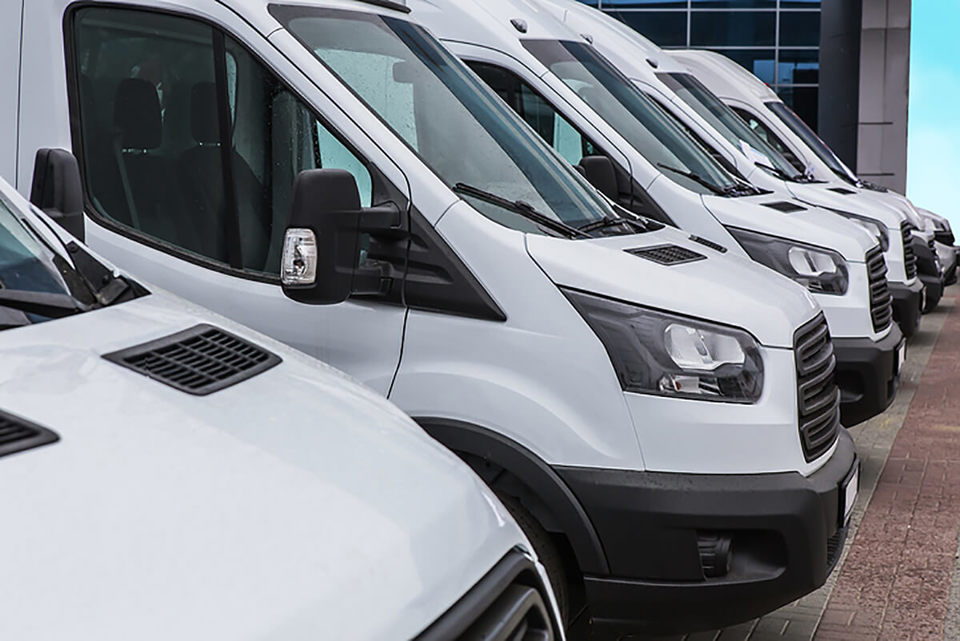Commercial vehicle dealers are calling for a delay to the ZEV mandate until customer demand and charging infrastructure improves.
Members of the National Franchised Dealers Association (NFDA) have joined vehicle manufacturers in supporting the delay and also welcome the Government’s announcement, in December, of a consultation seeking industry input on supporting the transition to zero emissions.
Sue Robinson, NFDA chief executive, said: “Year-to-date figures for 2024 reveal that electric vans account for just 5.8% of the market share, a decline of 0.1% compared to the same period in 2023, and well below the 10% target set by the mandate. This is particularly concerning as fines for non-compliant vans are set to double from £9,000 to £18,000 in 2025, alongside the mandate percentage increasing to 16%.
“Currently, diesel vans remain the preferred choice for most customers due to range, refuelling speed, payload capacity, and lower purchase costs. An often-overlooked aspect of van usage is that many vans are assigned to employees who take them home overnight to ensure they are ready for 24/7 call-out services. Many of these employees live in apartments or flats where home charging is not an option. Additionally, on-street charging is typically designed for cars and is often inadequate for the larger size of light commercial vehicles, which can be twice as long as a car.
“The Government must prioritise incentivising van customers during the transition to electric, recognising that their needs differ from those of car buyers. If the Government continues to enforce unrealistic ZEV targets and penalties for vans, manufacturers will reduce the supply of diesel light commercials, which will harm the UK economy. This could also lead to the unintended consequence of older, polluting vans being repeatedly repaired to stay on the roads, further damaging air quality.
“Van dealers have invested heavily and are committed to the transition but emphasise that this needs to be gradual and orderly. NFDA-CV strongly supports a short-term reassessment of ZEV targets until customer demand and van charging infrastructure meet the Government’s expectations. Such an approach would facilitate a balanced and sustainable shift to zero emissions.”




















Login to comment
Comments
No comments have been made yet.